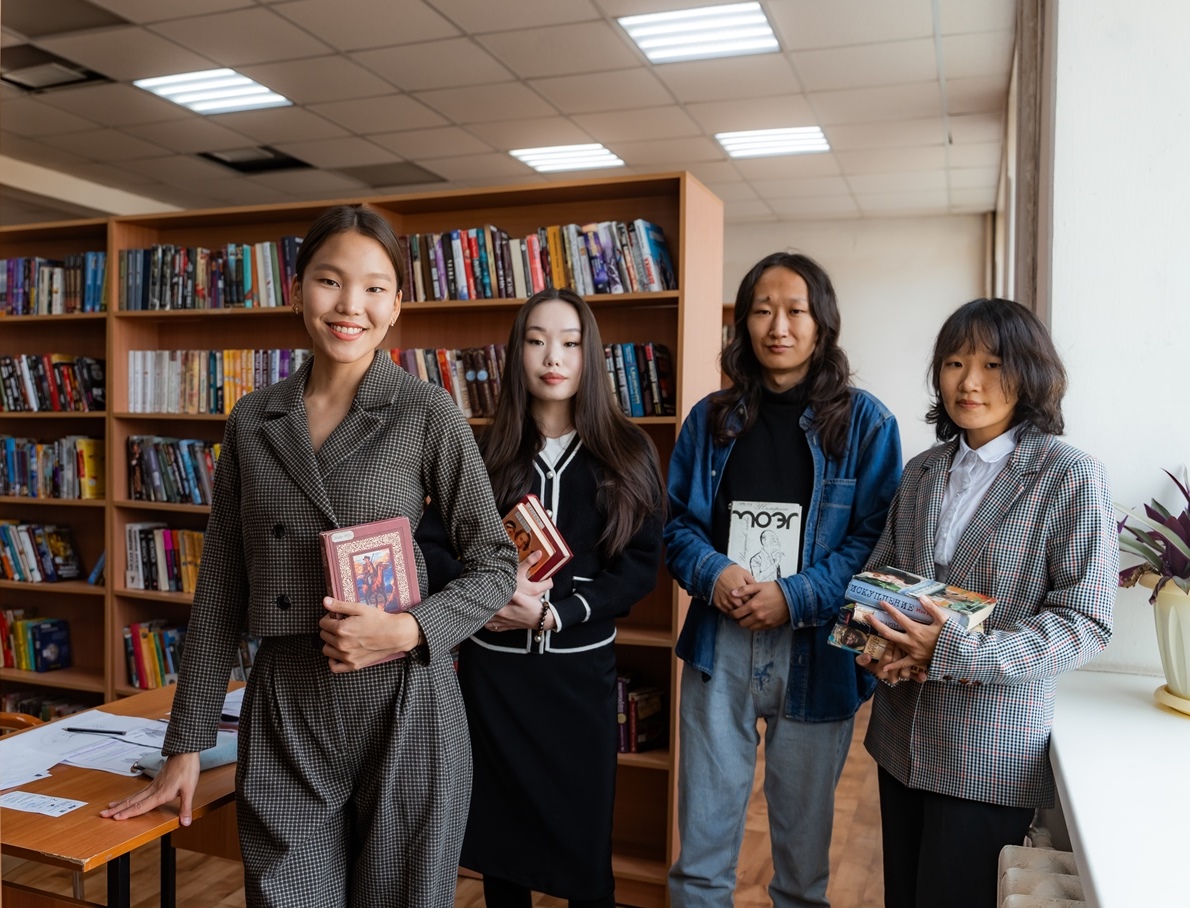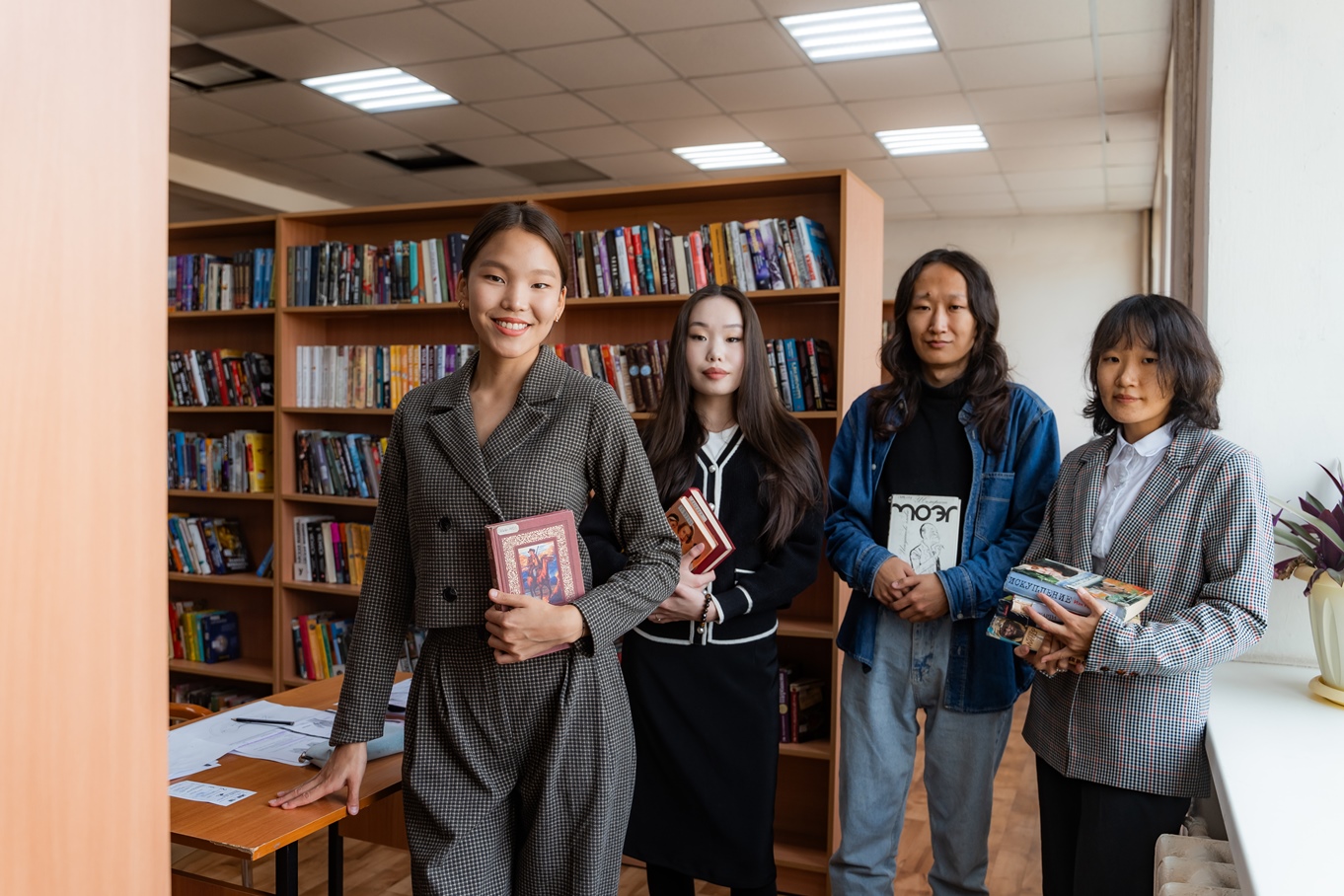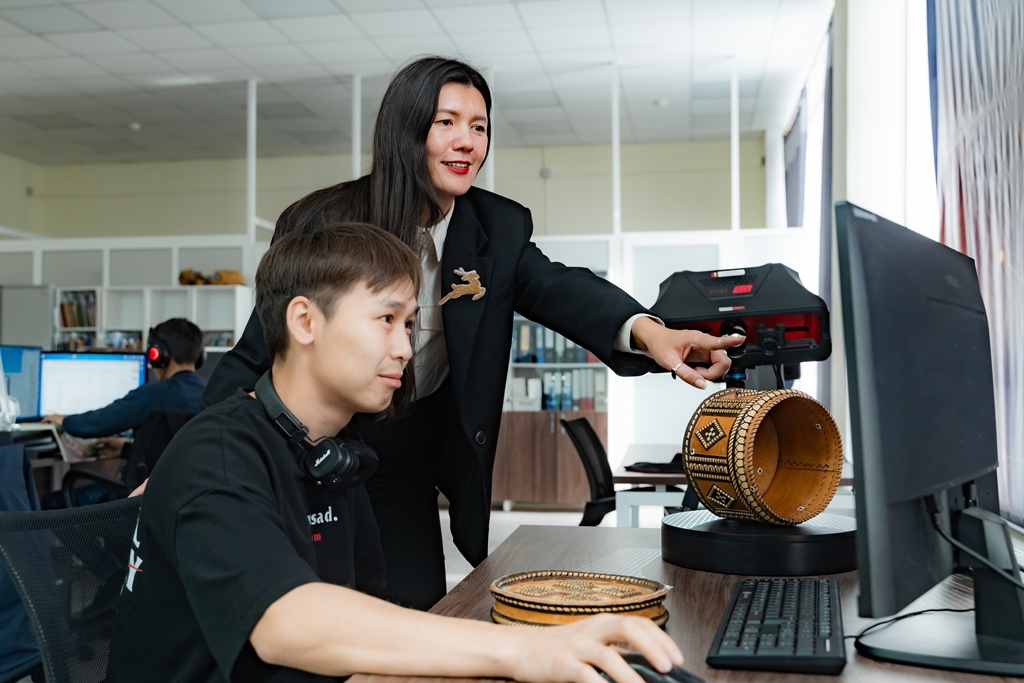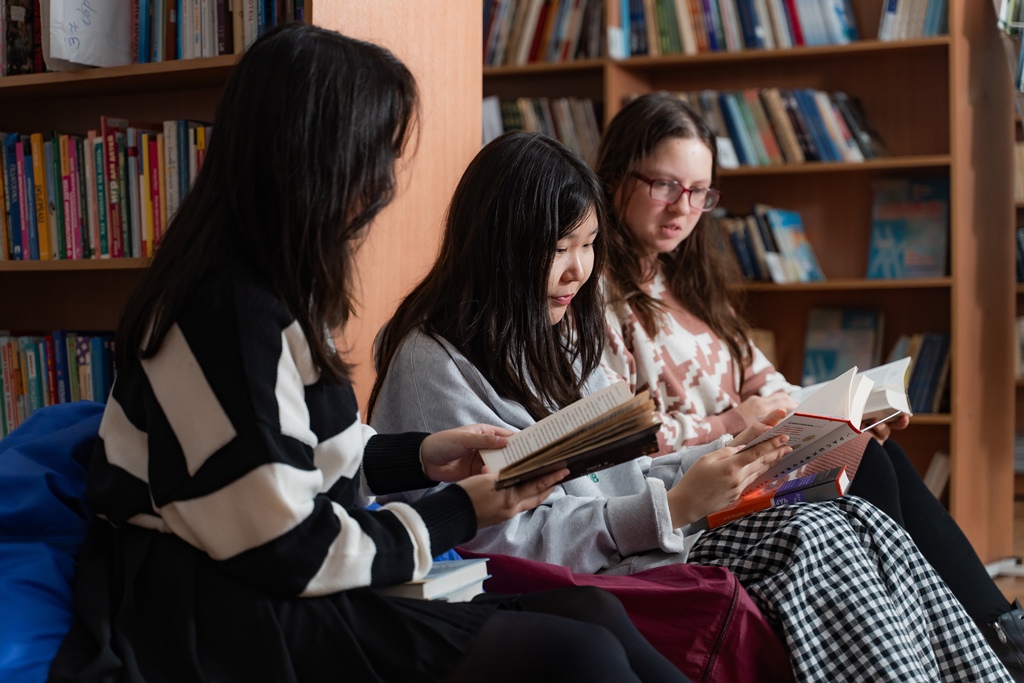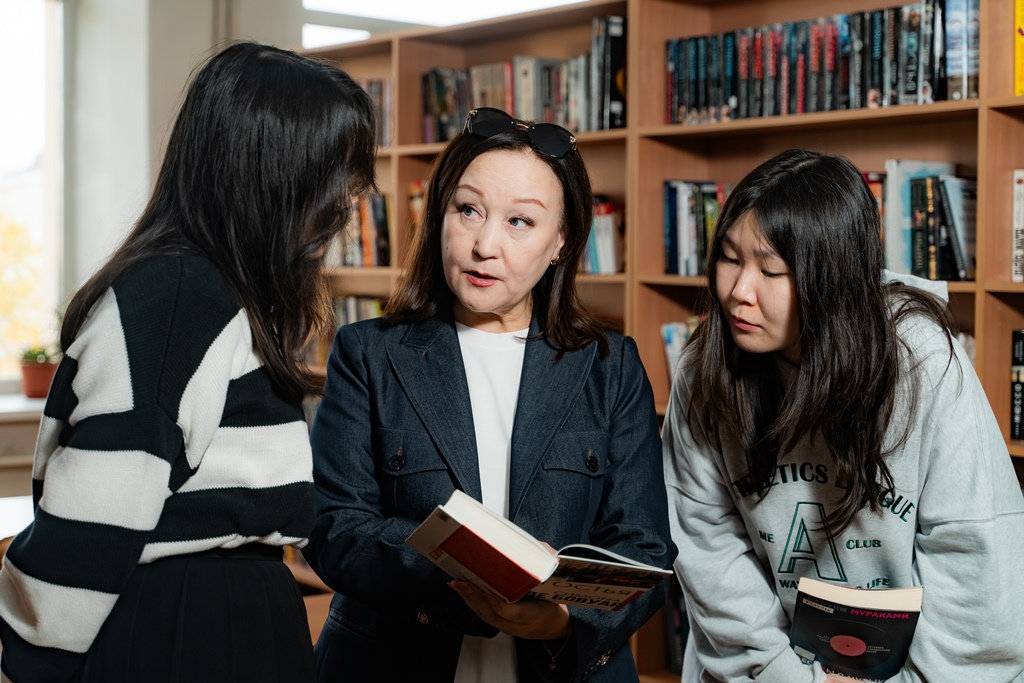Andreeva Maria Vitalievna, Head of the Department
mv.andreeva@agiki.ru
Azheeva Elena Yurevna, PhD in Pedagogy, Associate Professor
Excellent worker of education system of the Republic of Sakha (Yakutia)
eyu.azheeva@agiki.ru
Efimova Ekaterina Mikhailovna, PhD in Cultural Studies, Associate Professor
Excellent worker of education system of the Republic of Sakha (Yakutia)
em.efimova@agiki.ru
Mikhailova Sargylana Mikhailovna, lecturer
sm.mikhailova@agiki.ru
Petrova Tatiana Yurevna, lecturer
Excellent worker of higher education system of the Republic of Sakha (Yakutia)
ty.petrova@agiki.ru
Sannikova Inna Innokentyevna, PhD in Pedagogy, Associate Professor
Excellent worker of professional education system of the Republic of Sakha (Yakutia)
ii.sannikova@agiki.ru
Skriabina Varvara Fedorovna, senior lecturer
varuy_s@mail.ru
Timofeeva Elena Karlovna, PhD in Pedagogy, Associate Professor
Excellent worker of professional education system of the Republic of Sakha (Yakutia)
ek.timofeeva@agiki.ru
Sergina Evdokia Stepanovna, PhD in Pedagogy, Associate Professor
Excellent worker of professional education system of the Republic of Sakha (Yakutia)
sergina2005@mail.ru
Kholmogorova Vilena Evgenievna, PhD in Philology, Associate Professor
ve.kholmogorova@agiki.ru


